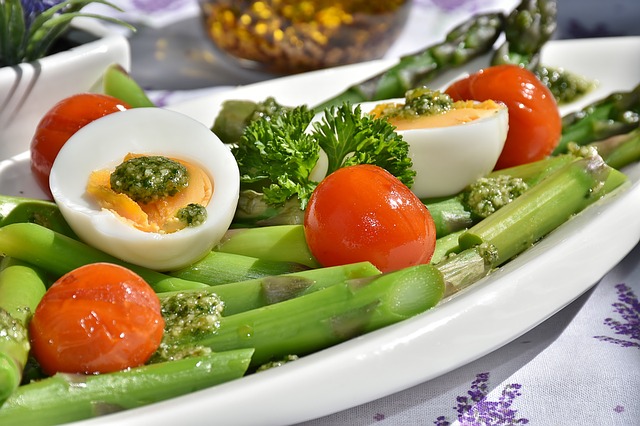Introduction
Mahi mahi, also known as dolphinfish, is a popular fish among seafood enthusiasts. It is not only delicious but also a good source of essential nutrients. One important nutrient that people often consider when choosing their food is protein. In this article, we will explore the protein content in mahi mahi and its significance in a healthy diet.
Protein Content in Mahi Mahi
Mahi mahi is a lean fish that is rich in protein. Protein is an essential macronutrient that plays a crucial role in various bodily functions. It is responsible for building and repairing tissues, supporting immune function, and aiding in the production of enzymes and hormones.
The protein content in mahi mahi can vary depending on the size and cut of the fish. On average, a 3-ounce (85 grams) serving of cooked mahi mahi contains about 20 grams of protein. This makes it a great choice for individuals looking to increase their protein intake without consuming excessive amounts of fat or calories.
Benefits of Protein
Protein is often referred to as the building block of life due to its vital role in the body. Including an adequate amount of protein in your diet can offer several benefits:
1. Muscle Growth and Repair: Protein is essential for muscle growth and repair. It provides the necessary amino acids that help rebuild and strengthen muscles after exercise or physical activity.
2. Weight Management: Protein has a high satiety value, meaning it keeps you feeling fuller for longer. Including protein-rich foods like mahi mahi in your meals can help control hunger and reduce overall calorie intake, which may aid in weight management.
3. Bone Health: Protein is involved in the production of collagen, a protein that provides structure to bones and promotes their strength and density. Consuming enough protein can help maintain healthy bones and reduce the risk of osteoporosis.
4. Immune Function: Protein plays a vital role in supporting a healthy immune system. It helps produce antibodies and immune cells that defend against infections and diseases.
Other Nutrients in Mahi Mahi
In addition to protein, mahi mahi is a good source of other essential nutrients. It is rich in omega-3 fatty acids, which are beneficial for heart health and brain function. Mahi mahi also provides vitamins and minerals such as vitamin B12, selenium, and potassium.
Conclusion
Mahi mahi is a nutritious fish that offers a good amount of protein along with other essential nutrients. Including mahi mahi in your diet can contribute to muscle growth, weight management, bone health, and immune function. Its lean nature makes it a healthier protein option compared to some other sources. So, whether you enjoy it grilled, baked, or in a delicious seafood dish, mahi mahi can be a valuable addition to a balanced diet.
References
1. National Nutrient Database for Standard Reference Legacy Release. (n.d.). Retrieved from fdc.nal.usda.gov
2. Mahi Mahi. (n.d.). Retrieved from seafoodhealthfacts.org












